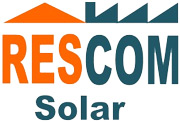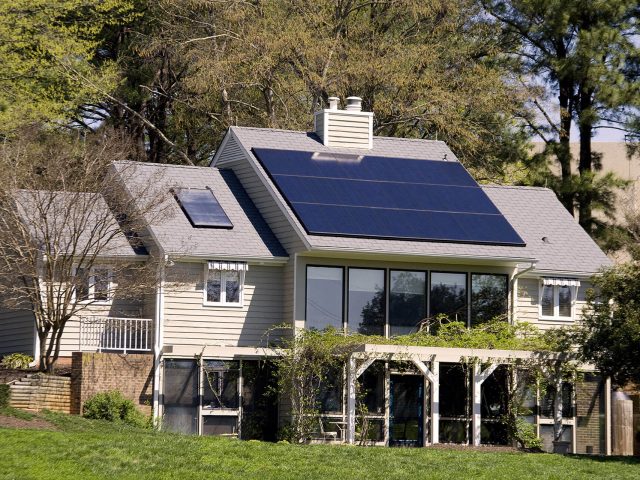Solar Power for Home is a technological device that generates electricity by converting light energy into direct currents suitable for commercial and residential use. The advent of solar panels is a major technological advance that is providing the world with a more reliable and economically sustainable power source for all possible uses. In addition, the situation becomes devastating with the additional money that is spent on energy bills, which can be high depending on the amount of energy used.
Recently, the installation of solar panels in homes has been an important activity for homeowners, particularly in the United States. A solar-powered home not only adds value to your home, it also offers space for savings and ensures a safe and healthy environment. Still, many people avoid the prospect of an installation because it seems like a daunting task.
Here are five points one should consider before installing solar power for home
Budget
Over time, the cost of sourcing solar panels continues to drop as many people install them, as it is one of the cheapest forms of electricity in the world. However, you should think primarily about your financing options: the stronger you are financial, the greater the benefits that accrue from doing so. Calculate how high the purchase and installation cost of the entire solar system will be. The strength of the panels affects the price: the more powerful it is, the more expensive each panel becomes.
Condition of the premise
Solar modules are very durable and can have a useful life of 25 years or more. Given the longevity of most roofing materials, which are affected by some environmental conditions such as snow, hail, rain, hurricanes, and the sun, most home roofs last no more than 20 years, especially most asphalt or composite shingle roofs. Therefore, the roof of your house must be in excellent condition before installing the solar panels.
In addition to the age and condition of your home’s roof, its location in terms of floor plan and orientation should also be taken into account. It should be with sunlight shining daily so that you can enjoy all the amazing benefits that solar has to offer if your home qualifies to do so.
Do you need to repair the roof before installation?
Before you start making calls and start inviting companies to install solar panels at your premises, analyze the current standpoint and status of your roof. If you know that you will need a new roof soon, or if part of your roof is damaged, installing solar panels is probably not the best idea. If possible, make ceiling repairs prior to installation. This way you don’t have to pay more for the factory to dismantle and rebuild the factory (in some cases for at least 20 years).
Another aspect that you should always consider is the warranty on your roof against the warranty provided on your solar panels. If you are occupied with solar panels that will potentially last 20 years and have a roof that only has a life expectancy of 10-15 years, then it will add to your maintenance costs. Try to match both projects in terms of execution time to reduce the effort, time, and money you have to invest.
Can your roof handle nature’s surprises?
Part of maintaining your solar power system is dealing with severe weather conditions like thunderstorms, hurricanes, hail, and more. There is a possibility that some solar power systems will be damaged during these events. While some insurance policies will cover these types of events, this is something to consider, especially if you live in an area where this type of weather is common.
Conclusion
Installing solar power in your home is a big undertaking, so you need to consider all of these factors before making the final decision. Solar power is definitely a great way to keep your building energized while lowering your energy bills, but that doesn’t mean that every building or facility is designed to have solar panels installed.

